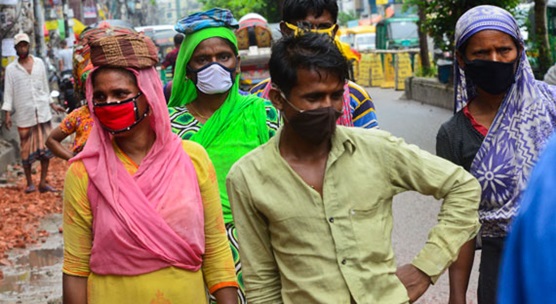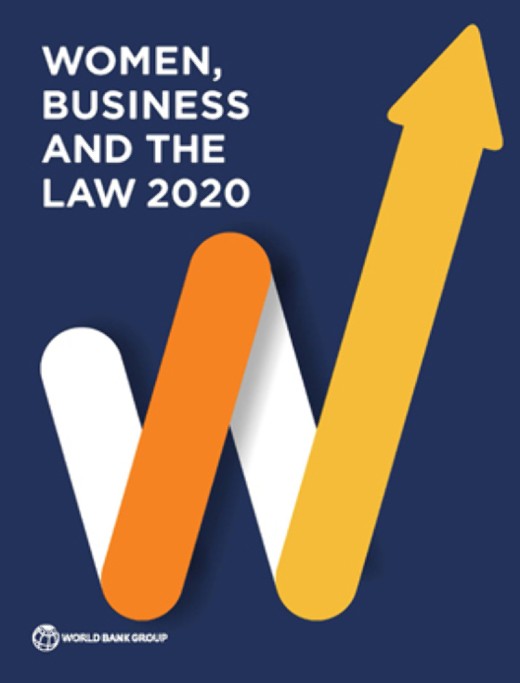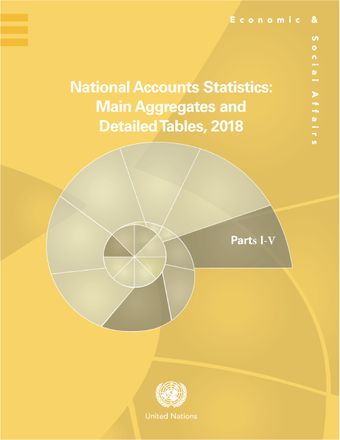
- Details
New ADB blog on how bussinesses and their workers can be supported in crisis times.
"Many workers will be displaced and many businesses will close as a result of the slowdown caused by COVID-19. Providing support to those affected gives them a fighting chance.
Read more … Three ways to support businesses and their workers during a pandemic

- Details
IMF published a new blog, which is part of a special series on the response to the coronavirus.
"The COVID-19 pandemic threatens to roll back gains in women’s economic opportunities, widening gender gaps that persist despite 30 years of progress.

- Details
"The coronavirus (COVID-19) pandemic is having a profound and deeply damaging impact on the countries where the EBRD works, posing enormous challenges for policymakers across all our regions.

- Details
"The international statistics community has continued to work together, in partnership with national statistical offices and systems around the world, to ensure that the best quality data and statistics are available to support decision making during and after the current crisis. In this context, thirty six international organizations have launched, under the aegis of the Committee for the Coordination of Statistical Activities (CCSA), a report entitled “How COVID-19 is changing the world: a statistical perspective”.
Read more … How COVID-19 is changing the world: a statistical perspective (UN)

- Details
"Driving at work is something that we do without fully appreciating the risks. Road traffic crashes are among the leading causes of death for the working-age population worldwide and for many people driving is the most dangerous aspect of their work." This can also apply to financial institutions and their employees while driving for client visits or regular commuting between home and office.
The EBRD supported the development of a special road safety toolkit for all who drive and manage vehicle fleets to help mitigate risks in that field.
This is a free-access e-learning course designed by a team of international experts. Sign up at http://www.roadrisktoolkit.com to access training and resources to keep yourself safe.

- Details
The coronavirus pandemic is posing a grave threat to small and growing businesses around the world. Women entrepreneurs make vital contributions to their local economies and are particularly vulnerable to the economic effects of the pandemic.
Financial institutions responding to the COVID-19 crisis?
Read more … Why gender matters? Financial institutions responding to the COVID-19 crisis

- Details
“Will the coronavirus pandemic change capitalism forever? Could such changes lead to economies and societies which are more cohesive, inclusive and fairer than those of the recent past?

- Details
EBRD published a new episode of its Pocket Dilemmas podcast on “What does the coronavirus pandemic mean for gender inequality?”. Guest speakers and presenters discuss the effects of the pandemic on women and men.
The podcast can be accessed in English via the following link.
Image: EBRD. Pocket Dilemmas

- Details
IMF published a new blog, which is part of a special series on the response to the coronavirus.
Read more … Maintaining Banking System Safety amid the COVID-19 Crisis

- Details
“Stress tests typically cover solvency – whether banks have enough capital to absorb losses – and liquidity, whether they have enough cash to pay out their deposits and other debts. Let’s say a bank loses $1 billion when house prices drop by 50 percent. The bank can survive – remain solvent – if its capital is $10 billion but not if it is $1 billion. What if a bank’s depositors panic and suddenly withdraw $50 million? If the bank is unable to borrow money to replace those deposits, it can survive if it owns assets, such as government bonds, that it can sell quickly.“
The document is available for download via the following links in English and Russian languages.
Source: IMF, FINANCE & DEVELOPMENT, SEPTEMBER 2019, VOL. 56, NO. 3

- Details
This World Bank publication analyses how law and regulations affect the economic inclusion of women across the globe. Eight various indicators are used to demonstrate differences from country to country. These indicators are Mobility, Workplace, Pay, Marriage, Parenthood, Entrepreneurship, Assets, Pension.

- Details
This UN publication contains detailed official national accounts data for over 200 countries or areas of the World for the years 2007 to 2018. The data for each country or area are presented in separate chapters with uniform table headings and classifications as recommended in the System of National Accounts 1993 (1993 SNA).


